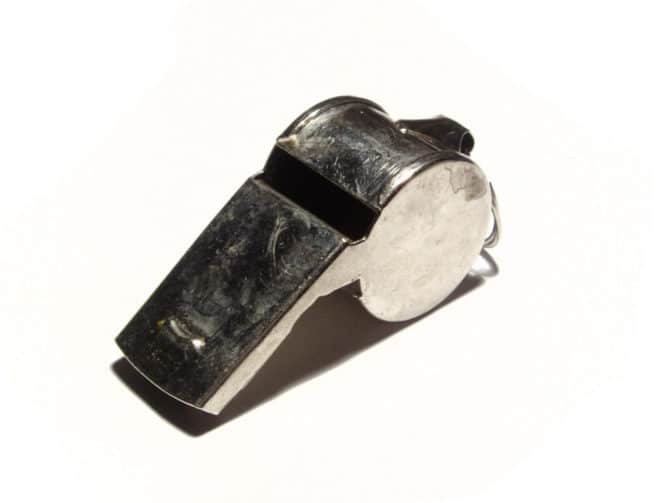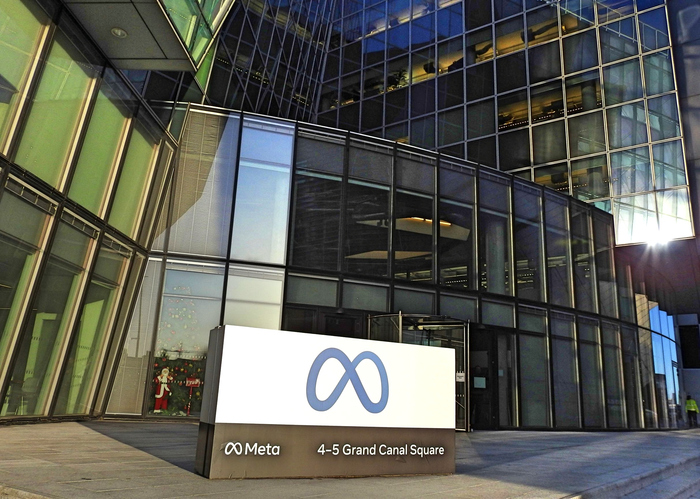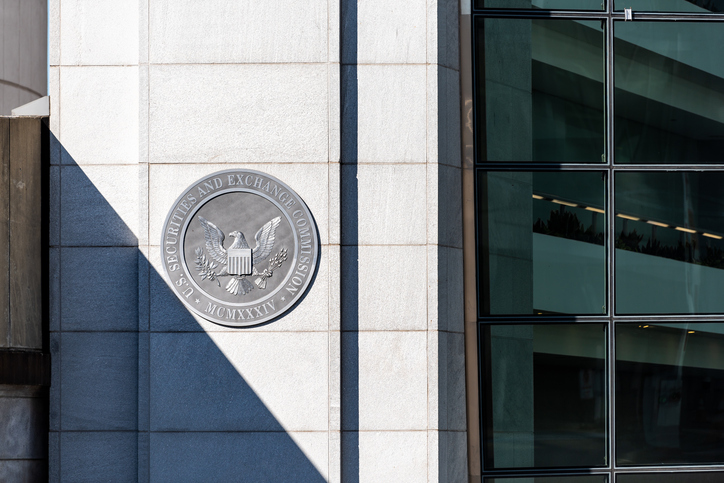Reuters: KBR to pay SEC penalty in whistleblower protection case

(Reuters) – KBR Inc has agreed to pay $130,000 to settle what the U.S. Securities and Exchange Commission on Wednesday called its first whistleblower protection case over improperly restrictive language in confidentiality agreements.
The SEC said that the Houston-based oil services company violated a federal regulation by requiring witnesses in internal investigations to sign confidentiality agreements that warned of possible discipline if they discussed the matters with outside parties.
The SEC also said since the internal investigations included allegations of securities law violations, the terms of the agreements violated a rule it enacted following the passage of the Dodd-Frank financial reform law in 2010.
There were no instances where KBR specifically blocked employees from speaking with it because of the agreements, the SEC said, which required them to seek approval from its legal department before speaking with outside parties.
But Andrew Ceresney, the SEC’s enforcement director, said KBR’s confidentiality agreements “potentially discouraged employees from reporting securities violations to us.”
The SEC said as part of the agreement KBR will voluntarily amend its confidentiality clause to add language saying employees are free to report violations to the SEC or other agencies without the company’s approval.
KBR neither admitted nor denied wrongdoing as part of the settlement. KBR Chief Executive Officer Stuart Bradie in a statement said the company had never taken any action to enforce the confidentiality agreement.
“We are pleased to have amicably resolved this matter and look forward to putting it behind us,” he said.
The probe appears to have stemmed from a complaint by former KBR employee Harry Barko, who has since 2005 been pursuing a False Claims Act lawsuit accusing the company of defrauding the U.S. government while administering military contracts in Iraq.
Stephen Kohn, a lawyer for Barko, on Wednesday provided a copy of a 2014 complaint he sent the SEC and Justice Department about the confidentiality agreement provisions.
Kohn in a statement called the SEC’s settlement a “historic day for whistleblowers” in dealing with corporate practices that silence employees through restrictive non-disclosure agreements.
“Today’s action by the SEC signals the advancement of nationwide corporate reform,” he said. “Transparency has triumphed over censorship.” (Reporting by Nate Raymond in New York; Editing by Chizu Nomiyama, G Crosse and Paul Simao)




